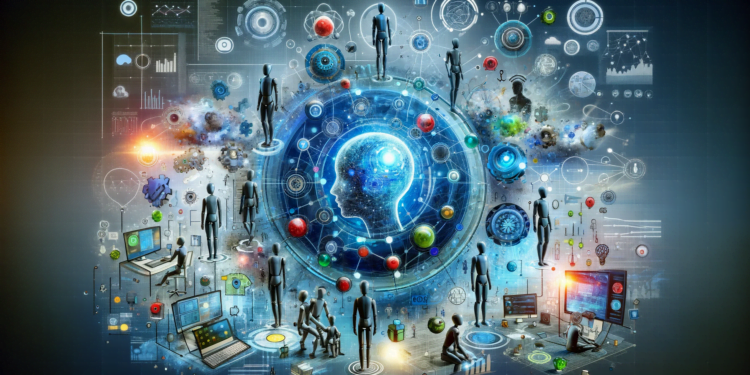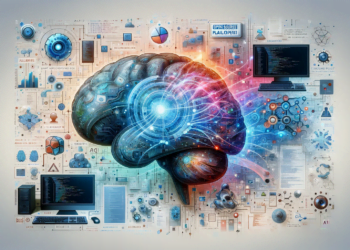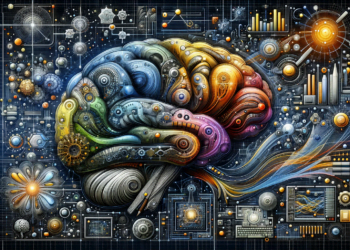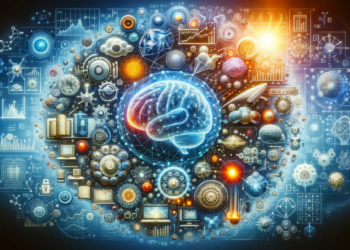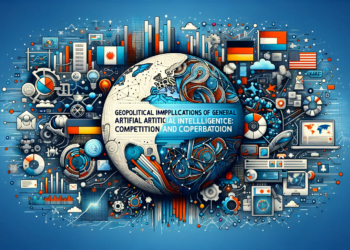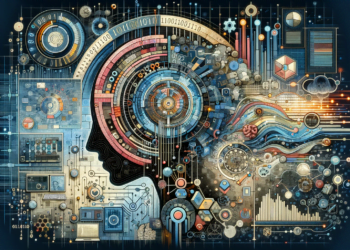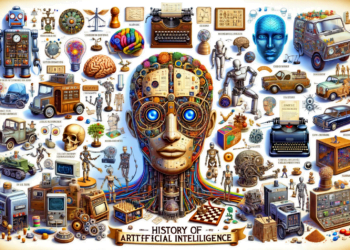The concept of technological singularity draws its essence from John von Neumann’s theory, which postulated an “acceleration of technological evolution” leading to a break in human history. This premise is underpinned by Ray Kurzweil’s law of accelerating returns and is closely linked to advancements in Artificial Intelligence (AI) towards achieving a General Artificial Intelligence (AGI) that can match or surpass human intellect. AGI significantly differs from weak AI in terms of cognitive flexibility and the ability to perform any intellectual task that a human can.
The progress from initial perceptrons, through the revolution of deep learning to autonomous reasoning systems, illustrates an incremental path marked by the strengthening of predictive and generative algorithms.
Current Algorithmic Advances
Currently, the convergence of deep neural network models, such as Generative Adversarial Networks (GANs), and reinforcement algorithms points to systems with remarkable adaptability. The most recent transformation has been marked by the architectures of transformers in natural language processing (NLP), like GPT-3, which exhibit generalization capabilities and context creation.
The introduction of Fisher Information Theory in the optimization of neural networks has allowed for more intuitive and efficient hyperparameter adjustments, providing a path towards reducing complexity and overfitting. Moreover, unsupervised learning and meta-learning, where an AI learns to learn, are stretching the horizons of autonomy in learning.
Emerging Practical Applications
AGI is already transforming critical sectors. In personalized medicine, algorithms like AlphaFold have predicted protein structures, opening the door to AI-designed pharmaceutical compounds. In the field of autonomous robotics, simulation platforms like OpenAI Gym have enabled intelligent agents to develop strategies in high-fidelity environments.
Case studies, such as the autonomous deployment of drones in warehouse logistics, reveal that AI’s real-time learning capacity is redefining supply chains. Autonomous vehicles, no longer a fantasy, face moral dilemmas that are programmed and learned through advanced AI systems.
Dialogue with Previous Research
The transition from restrictive expert systems to malleable neural architectures has marked a crucial milestone. Research into catastrophic forgetting and transfer learning has provided solutions for AI to retain long-term knowledge and apply previous experience to new contexts. Nonetheless, explainable AI (XAI) now seeks to unravel the “black box” of AI to increase trust and understanding in its decisions.
Projections and Potential Innovations
On the horizon is the integration of quantum computing with AI, promising solutions to problems that are currently intractable due to their computational complexity. The possibility of AIs with their own consciousness raises both hopes and fears; AI ethics and a global regulatory framework are becoming imperative fields of research.
Biocomputing and the development of neuromorphic systems herald a turn towards the fusion of AI and biology, designing devices capable of emulating the plasticity of the human brain.
Challenges and Future Direction
With the exponential growth of computing power and data availability, a critical milestone is the energy sustainability of AI models. The efficiency of algorithms and the search for innovative computing paradigms are essential to ensuring a responsible development of AI.
The technological singularity carries potential concerns about the autonomy and control of AGI systems. Discussions on the socioeconomic impact of AI, labor displacement, and governance mechanisms are a constant in scientific and political forums.
Conclusion
The pursuit of AGI and its intertwining with the technological singularity raise profound questions about our relationship with technology. AI is not just a tool, but also a mirror of our highest aspirations and our most complex challenges. The transition towards this future will be defined by the scientific rigor, ethical consideration, and strategic vision with which we approach each new innovation, and the willingness to anticipate and shape the consequences of our most intelligent creations.

